Throughout the last decade, Ukrainian consumers has accumulated and defaulted on large amounts of debt amid intermittent crises and economic downturns. The lenders in turn were at risk of significant losses and resorted to available means of debt settlement. Unfortunately, the fragmented regulation of consumer debt collection created excessively uncertain business environment. In this system, good faith lenders struggle to operate transparently while consumers are regularly exposed to unfair practices of bad faith actors.
To tackle this highly inefficient system, on 14 April 2021 the Ukrainian government enacted the Debt Collectors Law[1] (the “Law”) introducing a new regulation for consumer debt collection in Ukraine.
As we will explain in detail below, the Law implements some fundamental changes concerning (i) legal status of debt collecting companies; (ii) rules of conduct between lenders/collecting companies and debtors; and (iii) control and liability instruments.
DEBT COLLECTORS
Legal status of debt collectors
Debt collecting companies carry out debt collection in the interest of lenders. Both financial institutions (including non-banking entities providing for credit or factoring services) and other legal entities are entitled to obtain a legal status of debt collecting companies.
If a lender is a financial institution or other legal entity authorised to lend funds or provide factoring services, this lender is entitled to collect debt in its own interest without acquiring the status of a collection company. The lender, however, still remains subject to newly introduced rues of conduct. Other lenders would need to involve a collection company for debt settlement.
Registration of debt collectors
A key requirement for obtaining the status of a debt collecting company is registration with a collection companies register (the “Register”). For this purpose, a company must file an application to the National Bank of Ukraine (the “NBU”) with a set of accompanying documents (including ownership structure, information on management and staff, internal policies of interaction with debtors, evidence of a state fee payment, etc.). The required set of documents is significantly reduced for registration of non-banking financial institutions (as the NBU is expected to have a majority of necessary documents already in its files).
The NBU must pass a decision on registration within 30 days based on the receipt of a full package of documents.
The Register will be established in next three months and will function as a free public database managed by the NBU and accessible via the NBU’s website.
Transparent ownership structure
The Law sets out strict requirements to ensure a transparent ownership structure of collection companies. A company/individual cannot be an owner of substantial participation interest in a collection company if:
- the company is registered in or the individual is a resident of the Russian Federation or other countries facilitating any armed conflicts in Ukraine or using a military force against Ukraine;
- the company is located in or the individual has a place of registration on temporarily occupied territory of Ukraine or in the territory of the Joint Forces Operation (i.e. eastern regions of Ukraine);
- the company or individual does not meet business reputation requirements under NBU regulations;
- the individual has a record of certain administrative, criminal, or disciplinary offences.
Separately, the NBU may set out some qualification requirements for directors and employees of a collection company to ensure sufficient professional competency.
RULES OF CONDUCT
Debt collection companies are entitled to communicate with debtors via telephone calls, text and voice messages, personal meetings or correspondence. During its communication with debtors, collection companies must comply with ethic rules and are explicitly prohibited from:
- infringing the personal dignity and endangering the life and health of a debtor, its relatives and anyone related to the debtor's third parties;
- processing personal data on health status, political views, religious beliefs, work schedule, social networks, place and time of personal meetings, photo and video materials;
- damaging business reputations, blackmail and threats;
- manipulating information and providing misleading information about the grounds and amounts of claims and the consequences for non-payment;
- informing third parties about a debt and making demands on them (except if the third parties have consented to this);
- interacting with a debtor more than two times per day;
- making telephone calls from 20:00 to 09:00 and on weekend and holidays;
- interacting with a debtor after notification that a representative was assigned to protect the debtor’s interests in the debt settlement procedure;
Contacts and demands to any third parties are prohibited unless the parties have their consent and the matter is regulated in the loan agreement.
ASSIGNMENT OF RIGHTS
Under the Law, only financial institutions can be an assignee under a consumer loan agreement and acquire the right of claim. If for any legal reasons (including succession of rights and obligations) such a claim is assigned to an ineligible assignee, the assignee (i.e. new lender) would not be able to settle the debt and would be required to seek the services of a collection company.
Assignment of claim to a new lender or contracting a collection company must be accompanied with a notification to the debtor.
CONTROL AND LIABILITY
The NBU is responsible for the state regulation and supervision of consumer lending and settlement of overdue debts in Ukraine. Its key regulatory functions include setting out requirements for lenders, collection companies and debt collection activities; supervision and control over compliance with consumer laws requirements, including ethic rules for interaction with debtors; and administration of the Register.
The NBU is empowered to apply a set of measures against lenders and collection companies in case of non-compliance with new requirements (including breach of ethical rules, contracting an unregistered company for debt collection or skipping mandatory provisions in a consumer loan agreement).
These measures may include:
- written warnings;
- fines of up to UAH 136,000;
- temporarily prohibiting the collection company from settling debts;
- deregistration of the collection company; and
- suspension and cancellation of the financial services licence of a non-banking financial institution.
Most of the provisions of this Law will come into force three months after its passage.
[1] The Law of Ukraine “On Amendments to Certain Laws of Ukraine Concerning Consumer Protection in Settlement of Overdue Debts” No. 1349-IX dated 19 March 2021 (access to Ukrainian version via the link)



























